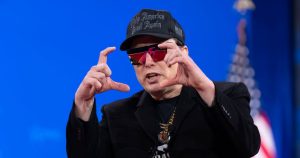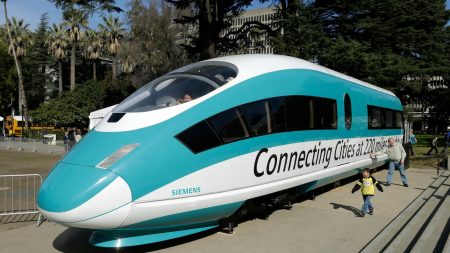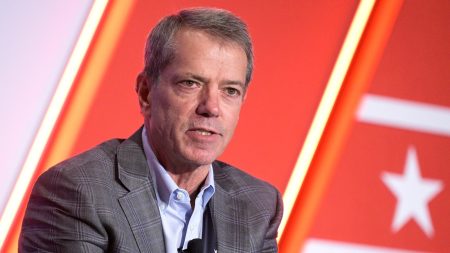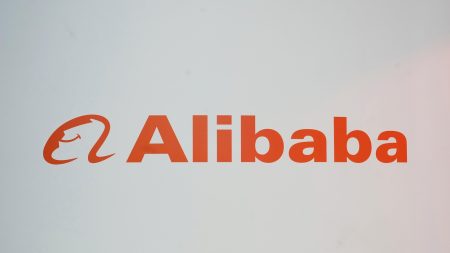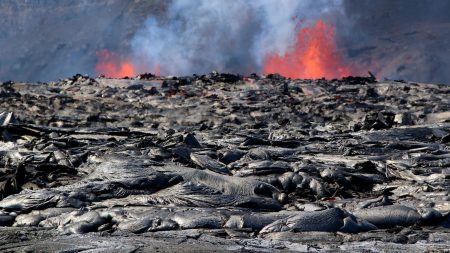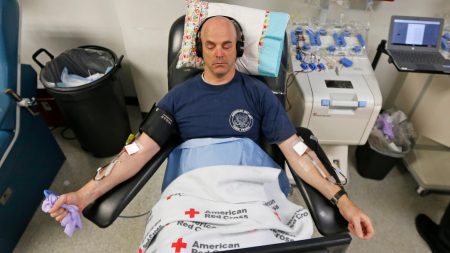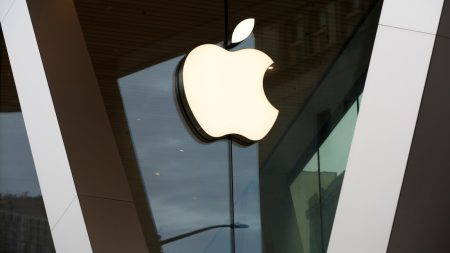A New Era of U.S. Diplomacy: JD Vance Takes Center Stage
JD Vance, the U.S. Vice President, is embarking on his inaugural international trip, marking a significant moment in the Trump administration’s diplomatic strategy. Attending the AI summit in Paris and the Munich Security Conference, Vance is set to advocate for a more assertive U.S. approach to diplomacy. His presence at these events underscores the administration’s focus on technological dominance and business-friendly policies, particularly in the realm of artificial intelligence. This trip is not just about showcasing U.S. innovation but also about reinforcing alliances, as Vance is expected to urge European partners to increase their commitments to NATO and Ukraine.
The AI Summit: A Clash of Visions
The AI summit in Paris brings together global leaders, tech executives, and policymakers to discuss the transformative impact of artificial intelligence on security, economics, and governance. Central to the discussions is the diverging stance between the European Union and the United States on AI regulation. While the EU pushes for stricter oversight to ensure public safety, the U.S. under Trump advocates for an open, innovation-driven approach. Vance’s role at the summit is crucial, as he plans to engage in private conversations with leaders like Modi and von der Leyen, aiming to align global efforts on issues such as the Russia-Ukraine conflict and free speech concerns in Europe.
Beyond AI: Vance’s Mission in Europe
Vance’s agenda in Europe extends beyond the AI summit. His visit to the Munich Security Conference is a platform to address broader geopolitical issues, particularly the need for NATO allies to share more responsibility. He will revisit themes from his previous appearance at the conference, emphasizing the importance of free speech and expressing concerns over Europe’s trend towards censorship. Vance’s meetings with leaders like Macron and Modi highlight the U.S. aim to strengthen partnerships and address pressing global challenges, positioning the U.S. as a leader in moral and technological advancements.
A Summit of Opportunities and Challenges
The AI summit is not just a diplomatic event but also an opportunity for major investments and collaborations. France’s announcement of 109 billion euros in AI investments underscores Europe’s ambition to compete in a sector increasingly dominated by U.S.-China rivalry. Initiatives like the "Current AI" partnership aim to foster equitable access and public-interest applications of AI. However, questions remain about U.S. support for such global governance efforts, as geopolitical dynamics and regulatory debates continue to shape the future of AI development and deployment.
Global Power Play in AI Governance
The summit reflects the broader power struggle in AI governance, with China advocating for open-source technology and opposing restrictions on AI tools. Leaders like Modi are striving to prevent the AI sector from becoming a battleground between the U.S. and China, emphasizing the need for equitable access to avoid a digital divide. Meanwhile, Macron’s creative use of deepfake videos highlights the dual potential of AI, sparking debates on its benefits and risks. These discussions set the stage for ongoing negotiations on global AI standards and regulations.
The Road Ahead for AI and Diplomacy
As Vance concludes his trip, the outcomes of the AI summit and Munich conference will reverberate globally. The U.S. position on AI regulation, alongside its diplomatic efforts in Europe, signals a complex interplay of technological innovation and geopolitical strategy. While progress on AI governance is uncertain, the summit has ignited crucial discussions, positioning it as a pivotal moment in shaping the future of technology and international relations. Vance’s assertive approach and Trump’s policies highlight a new era of U.S. diplomacy, where technological leadership and moral stands are central to global engagement.

